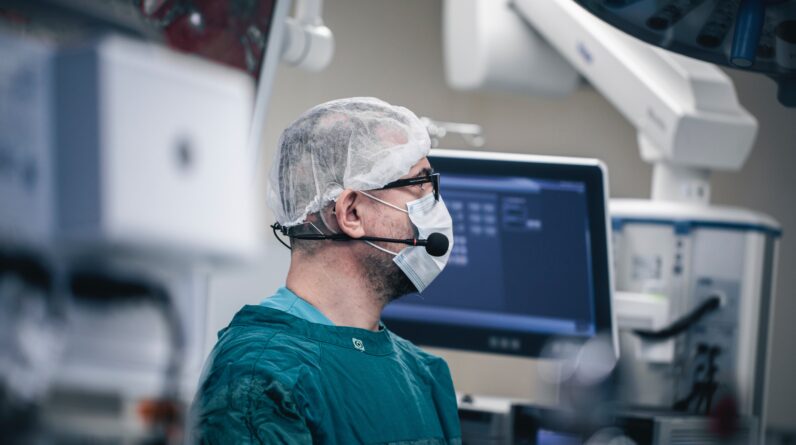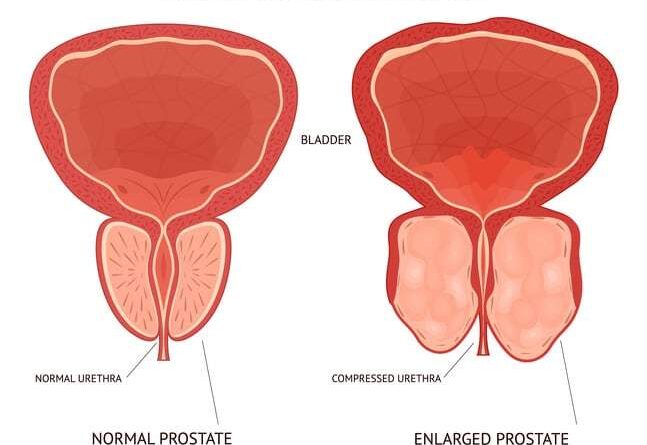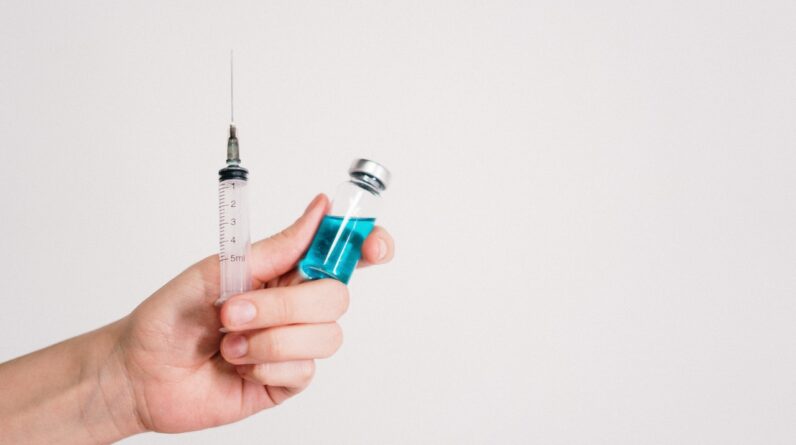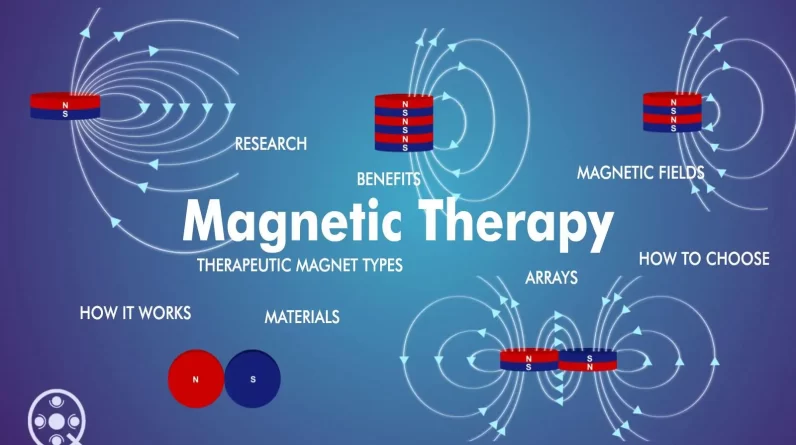
Introduction
Have you ever thought about the intriguing connection between hernias and prostate problems? You’re not alone. Let’s shed some light on this topic.
Brief Overview of Hernia
A hernia is an irregularity where an organ or tissue pushes through a hole in the muscle or tissue that usually holds it in place. This condition can occur in different areas of your body.
Brief Overview of Prostate Problems
Prostate problems usually affect men over 50 and include conditions like prostatitis, benign prostatic hyperplasia, and prostate cancer.
Understanding Hernias
To fully grasp the connection, it’s important to understand hernias in-depth.
Types of Hernias
There are various types of hernias such as inguinal, femoral, umbilical, and hiatal. The inguinal hernia is the most common and often linked to prostate problems.
Symptoms of Hernia
Signs of a hernia can include a noticeable lump or bulge, pain or discomfort, and a feeling of heaviness in the abdomen.
Understanding Prostate Problems
Let’s move on to understanding prostate problems.
Common Prostate Issues
Prostate issues vary from inflammation, enlargement, to prostate cancer. Each comes with a unique set of symptoms and complications.
Symptoms of Prostate Problems
Prostate problems can manifest through symptoms like difficulty urinating, frequent urge to urinate, blood in the urine, and lower back pain.
Interconnection Between Hernia and Prostate Problems
The million-dollar question now arises, is there a connection?
Direct Connections
Directly, a hernia doesn’t cause prostate problems. They are separate conditions with different causes.
Indirect Connections
Indirectly, a man with an inguinal hernia might experience exacerbated symptoms of an existing prostate condition due to pressure from the hernia.
Effects of Hernia Surgery on the Prostate
We cannot forget to talk about the impact of hernia surgery on the prostate.
Possible Risks
While hernia surgery is generally safe, it can potentially have complications including infections and nerve damage, which could indirectly affect the prostate.
Long-term Impact
Long-term, the surgery itself doesn’t affect the prostate. However, any surgical procedure carries risks and should be discussed with a healthcare professional.
Prevention and Management
Can we prevent or manage these conditions effectively?
Hernia Prevention
Hernia prevention methods include maintaining a healthy weight, avoiding heavy lifting, and regular exercise.
Prostate Health Maintenance
For prostate health, regular medical checkups, a balanced diet, regular exercise, and limiting alcohol and caffeine can go a long way.
In Conclusion
The road to understanding medical conditions can be winding, but we hope this guide has illuminated the connection between hernias and prostate problems. It’s crucial to remember that while these two conditions might intersect in some ways, they are fundamentally separate and need to be treated as such. Always consult with a healthcare provider when managing these conditions, as each individual case can vary widely.
Remember, knowledge is power, especially when it comes to your health.
Frequently Asked Questions
Let’s address some common questions on this topic.
- Can a hernia affect my prostate health?
- While a hernia doesn’t directly cause prostate problems, it might exacerbate symptoms of an existing prostate condition.
- What precautions should I take if I have both a hernia and prostate issues?
- Ensure to consult your healthcare provider about both conditions. They can provide advice on managing symptoms and potential interactions between the two conditions.
- Is hernia surgery risky for my prostate health?
- Hernia surgery is generally safe and shouldn’t affect your prostate. However, like all surgeries, it carries certain risks, so discuss these with your healthcare provider.
- Can a hernia cause symptoms similar to prostate problems?
- While some symptoms might overlap, such as lower abdominal discomfort, a hernia and prostate problems are separate conditions and generally have distinct symptoms.
- What can I do to prevent a hernia or prostate problems?
- For hernias, maintaining a healthy weight and avoiding unnecessary strain on your abdomen can help. For prostate health, regular check-ups, a healthy diet, and lifestyle play key roles.
- If I have a hernia, should I be worried about developing prostate problems?
- While having a hernia does not directly increase your risk of developing prostate problems, it is always good to stay vigilant and consult your healthcare provider regularly for check-ups.
- Can hernia repair affect a future prostate surgery?
- In most cases, hernia repair does not complicate future prostate surgeries. However, it is crucial to discuss your complete medical history, including previous surgeries, with your healthcare provider.
- Can prostate problems lead to a hernia?
- No, prostate problems do not cause hernias. A hernia is caused by a weakening of muscles or tissues, allowing internal organs or tissues to push through.
- Are the treatment methods for hernias and prostate problems similar?
- Not usually. Hernias are often treated with surgery to repair the weakened area, while prostate problems may require a range of treatments, from medication to surgery, depending on the specific issue.
- Is it possible to have a hernia and not know it?
- Yes, it is possible. Some hernias are asymptomatic, meaning they do not present any noticeable symptoms. That’s why regular check-ups are essential to detect any underlying health conditions.







